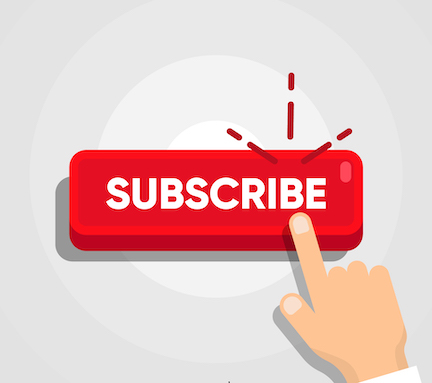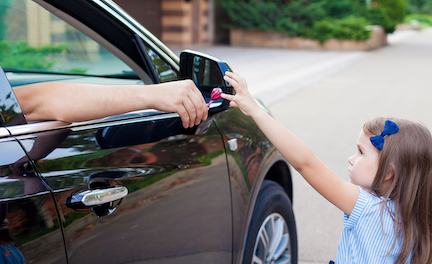
The one true message of advertising.
At an ad-by-ad level, advertising is trying to sell you products and services like cars, laundry detergent, phones, and beers.
Depending on how we feel or how good the pitch, we may choose to buy or not to buy. Because we remember that time we said “no” to buying a Tesla, we like to think we are immune to the influence of most advertising.
But when combined and experienced in its entirety, advertising generally has one overall message that we eventually and subconsciously accept. And when the mind accepts it, it influences us.
That one advertising message?
You are nothing without buying something. That personality, identity, and mood equals product.
Over the course of being exposed to 4,000 to 10,000 ads each day, we are pummeled with this repetitive theme.
We’re told that new car will make us cool. That new dress will make people envy you. The right laundry detergent makes you a good head of household. If you look at your world through all that advertising, it’s not hard to see every problem or need is one that demands a purchased solution.
When that happens, personal action and self-satisfaction and confidence goes out the window. Want to lose weight? That ad on TV says to get the Abdominizer. Or, and just stay with me here, you could just eat less and go running.
Your peers are message multipliers via social proof.
It’s hard to get away from this concept of you are what you buy. Not just because of the sheer weight and frequency of the messages, but all because our peers and the environment around us have accepted it as well.
Not only have they accepted it, but as their standard, they also evaluate and judge others based on it. This creates social pressure for any outliers to conform to message.
For instance, we live in an age where kids are anxious about going to school if they don’t walk through the halls with the “in” clothes. On Instagram, are well-paid influencers that kids follow to keep them from this “dangerous” faux pas.
it’s adults who feel that others will consider them different because they live in a more modest neighborhood. Or even if you don’t have a house by your late 30s. It’s driven by a belief that to be someone, you must have the symbols that tell others to believe that you are someone.
I call BS.
What we forget is that those items you buy are nothing but symbols. They are no more your true personality as much as wearing a police badge alone makes you a cop.
Not to mention that products that convey status are still decaying symbols that will be tossed aside weeks or a few years after the fashion czars and marketing experts choose other arbitrary new symbols that say it is your best you (looking at you iPhone Pro Max).
I think your personality lasts longer than that. Also, having the status symbols and products advertising tells you to get is in no way guaranteed to reflect the values the products suggest. I’ve known millionaires to drive crappy cars (some of the money they save is probably why their millionaires). On the other hand, people who can barely afford the lease of an Audi 8 just look the part of success and sweat over their bills in quiet.
You are somebody. Don’t look for products and companies to tell you that. It’s about confidence more than a new car.































